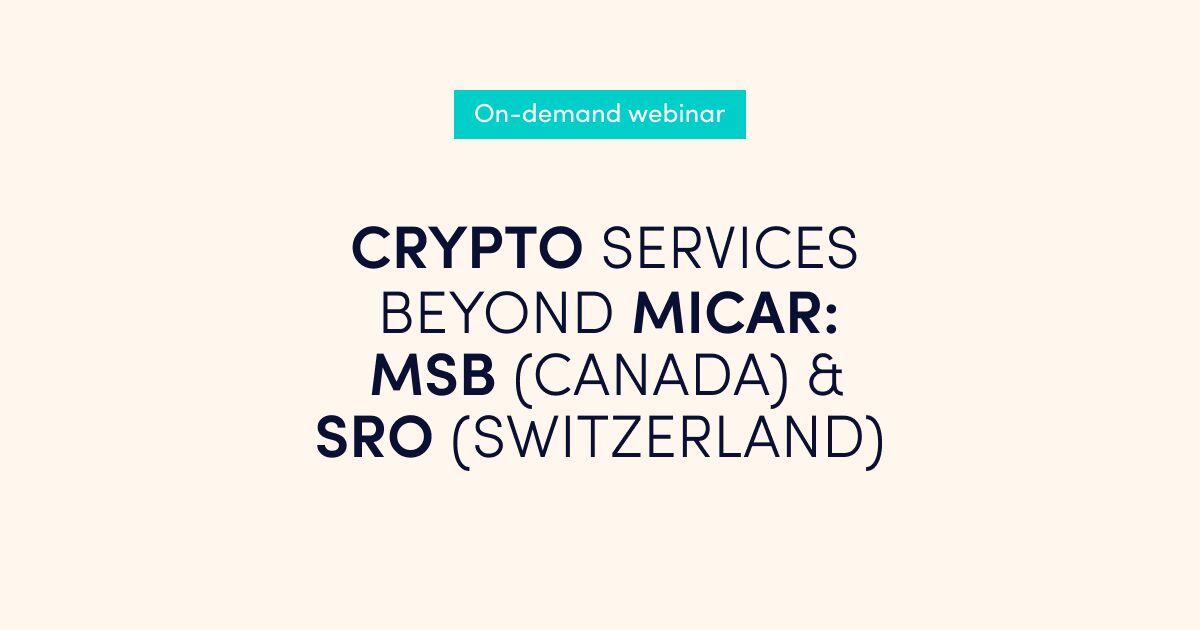Fintech companies are in need of a back-end platform necessary to carry out core business functionalities, including onboarding, payment account opening, transaction processing, card issuance, and others. Most Fintech IT platforms are built on cloud and digital technologies and use open API-based architecture. These technologies should be able to simplify the integration of external services and systems and to provide a seamless customer experience. Not to forget about lower costs and faster time to market that are some of the key driving factors for the development of a fintech business.
But when purchasing a modern Fintech IT platform, payment and e-money institutions, digital banks, and other financial services market players must consider and evaluate much more functional capabilities of Fintech IT systems. Browse our article to learn more.
Operational flexibility
The IT system should be flexible enough to adapt to the evolving needs of the company. More specifically, an IT system should quickly connect new business operations and products or change the business logic of the main business processes, such as customer onboarding, incoming and outgoing payments, etc. Another aspect is the user interface that should be easily modified by adding new fields, widgets and adjusting their order.
Suppose the company evolves with the ever-changing business and customer needs. In that case, adding new integrations or gateways from external providers and banks and connecting external systems as a new service shouldn’t be something nice to have but vital to business and other strategic developments.
If this is not taken into account at the very beginning, then, later on, companies may face barriers in developing the business because the system simply doesn’t support it. Then companies try to “squeeze” in and adapt to the IT system’s limitations. As a result, sooner or later, it will lead to the need to change the Fintech IT platform to a more flexible one.
Technology scalability
The IT system must be scalable enough to withstand the company’s expansion volume and plans. Therefore, it wouldn’t be the right decision to purchase a Fintech IT platform with significant performance and integrations limitations.
Imagine that you have a solid business plan to increase the number of operations by order of magnitude, and the current system won’t have the capacity to handle such a massive volume of transactions. In that case, you will have to change the IT platform, and you will have to do it while the system is running, and clients are connected.
Unsurpassed security
Security is one of the critical requirements for any IT fintech system. These requirements can be split into legal needs from regulators, banks, and international payment systems, and less formal obligations as crucial as the regulated ones.
Generally speaking, the system should be secure enough to fight hacking internally and externally. Different access rights logged changes and reliable data storage are the essential prerequisites. Additionally, fintech companies must make sure that they fully comply with regulations (e.g., PSD2) and personal data and privacy are protected (e.g., GDPR for data protection and privacy).
Besides legally imposed requirements, companies would need to consider requirements of partner banks and international payments systems (e.g., VISA, MC) like PCI DSS certification.
Integrated automation
The IT system must be built to effectively automate all core process from the client and back-office side. Preferably, the system should be automated enough to require minor manual actions from the operator to process transactions. In addition, the system itself should be tasked to analyse transactions, their parameters, and deviations to minimise the error rate and ensure smooth data integration.
Functional capabilities
In addition to the main functions like payments, currency exchange, current accounts, payment and e-money companies require a modern IT system that comprises AML and KYC modules which can be used to verify the client’s identity. Fintech companies can either integrate a built-in module or integrate with an AML company externally. In that case, an API will be required to integrate external systems and functionalities. The API has several functional benefits, and it is one of the regulatory requirements for Open Banking principles outlined in the PSD2. Last but not least, accounting and reporting functionality is equally important, and most systems have built-in financial accounting functionality and other user-friendly features that meet International Financial Reporting Standards (IFRS) standards.
Conclusion
With all that we have discussed in mind, we have come up with a checklist to consider when purchasing a modern Fintech IT platform: flexibility and customization (i), stability and performance (ii), security (iii), and functional capabilities (iv), and openness (v) in terms of new integrations and external connections.
If still in doubt, get in touch with Advapay, and we can assist you with finding you the perfect IT system and functionality.
About Advapay
Advapay is a technology company providing the Digital Core Banking platform to empower fintech clients or digital banks to start their businesses and accelerate digital transformation. The platform delivers all essential functionalities, a front-to-back system and a set of tools to customise and bring new integrations. With Advapay, potential and existing customers can connect either to the cloud-based SaaS or on-premise software. Besides the technical infrastructure, the company provides business advisory and fintech licensing services. Interested to learn more, please drop us a message








